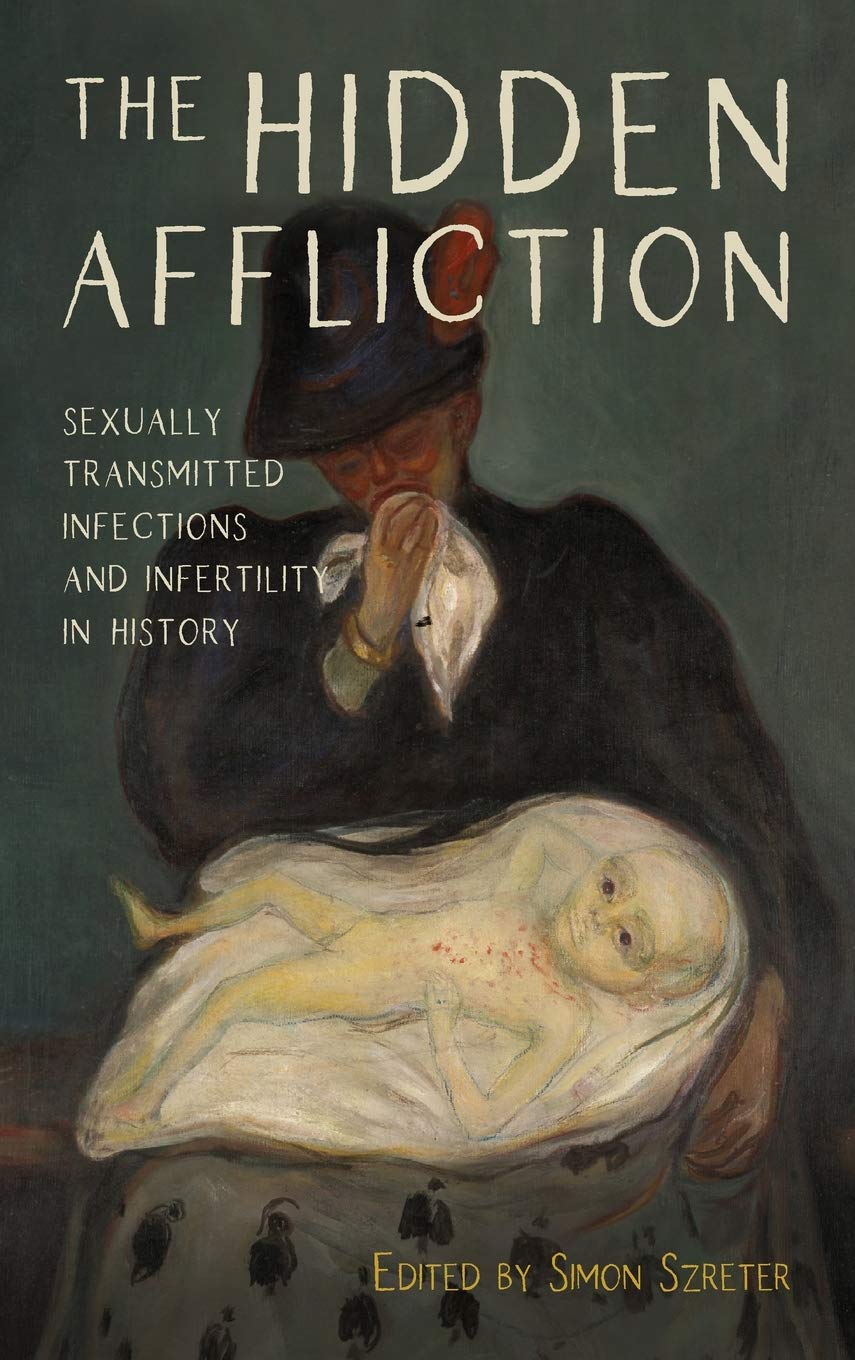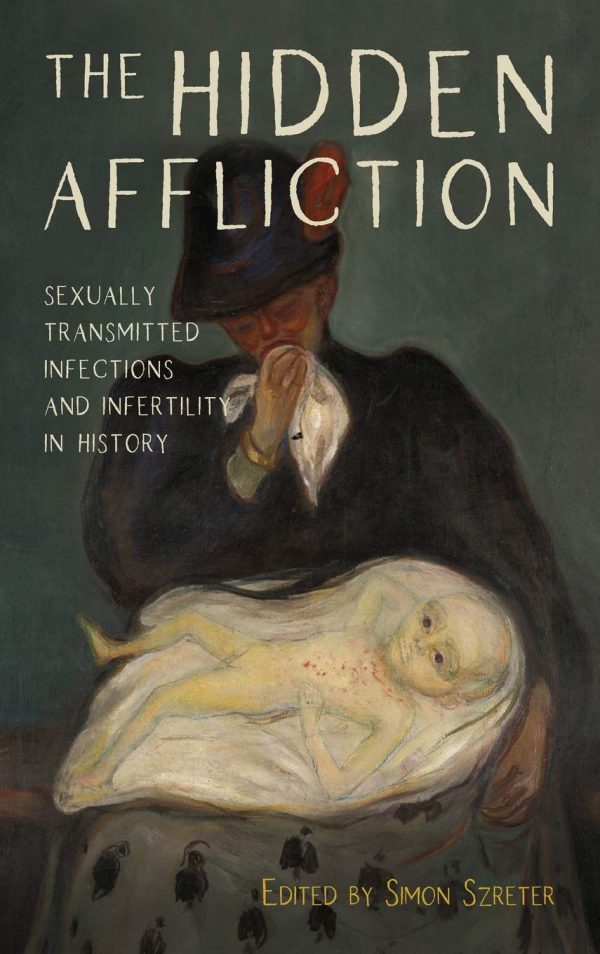مشاهده سبد خرید “Hearing Voices: The Histories, Causes and Meanings of Auditory Verbal Hallucinations 2012” به سبد خرید شما اضافه شد.
Revealing the Hidden Affliction: How Much Infertility Was Due to Venereal Disease in England and Wales on the Eve of the Great War? 2019
دانلود کتاب پزشکی کشف بلای پنهان: چقدر بیماری مقاربتی باعث ناباروری در انگلیس و ولز در آستانه جنگ بزرگ شد؟
| نویسنده |
Kevin Schürer, Simon Szreter |
|---|
| تعداد صفحهها |
47 |
|---|---|
| نوع فایل |
|
| حجم |
14 MB |
| سال انتشار |
2019 |
89,000 تومان
دانلود ۳۰.۰۰۰ کتاب پزشکی فقط با قیمت یک کتاب و ۹۹ هزار تومان !
توضیحات
مطالعه رابطه بین بیماری و باروری در دوران باستان چالش برانگیز است. اولین مشکل این است که وجود و سپس شیوع هر شرایطی را قبل از ارزیابی تأثیر جمعیت شناختی آن مشخص کنیم. در مورد آنچه که امروزه عفونتهای مقاربتی (STIs) نامیده میشود، موانع تجربی برای شناسایی چنین عفونتهایی در دنیای کلاسیک با اخلاقی کردن شرکت در بحثهای مربوط به عملکرد جنسی تشدید میشود که به شدت شیوههای رفتار و آسیبشناسی جنسی را مشخص میکند و ادامه مییابد. از نظر مفهومی مرتبط بودن. . به عنوان مثال، کاوش تأثیرگذار و جامع جولیوس روزنبام در تاریخ باستانی سیفلیس (که به طور گسترده تفسیر می شود) در قرن نوزدهم بر این فرض استوار است که بیماری مقاربتی ناشی از «سوء استفاده» از اندام های تناسلی برای اهداف غیرمولد است. بنابراین، تاریخ آنها تاریخ «بداخلاقی و بداخلاقی انسانی» است، و بسیاری از موارد در یونان و روم کلاسیک وجود داشت که سفلیس و انواع بیماری های مقاربتی لزوماً به دنبال آن بود.
توضیحات(انگلیسی)
Studying the relationship between disease and fertility in antiquity is challenging. The first difficulty is establishing the presence, and then prevalence, of any particular condition before an assessment can be made of its demographic impact. In the case of what are now called sexually transmitted infections (STIs), the empirical obstacles to identifying such infections in the classical world are exacerbated by the moralizing that attends discussions of sexual practice and that has so strongly characterized the ways sexual behavior and pathology have been, and continue to be, conceptually conjoined. Julius Rosenbaum's influential and exhaustive nineteenth-century exploration of the ancient history of syphilis (broadly construed), for example, is based on the assumption that venereal diseases are caused by the “abuse” of the genital organs for nonprocreative purposes. Their history is, therefore, the history of human “lasciviousness and debauchery,” and there was so much of that in classical Greece and Rome that syphilis and all kinds of genital afflictions necessarily followed.





